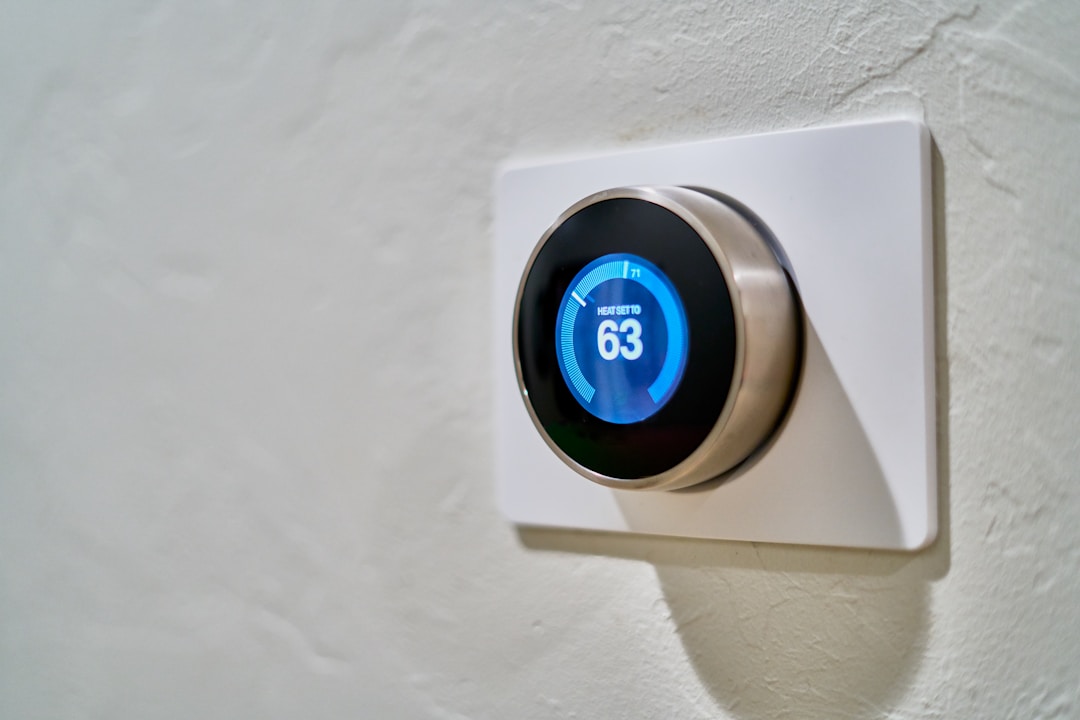When it comes time for a full replacement of their HVAC systems, homeowners have many choices. Like any investment in home operating systems, a new HVAC system should reflect the needs and budget of the homeowner, as well as their geographical area’s climate. With that in mind, new technologies have introduced higher energy efficiency and even more new system options.
If you’re looking to replace your air conditioner and heating system, there are some basic functions which you should be on the lookout for. You have the option of installing the HVAC unit yourself, or you can opt to hire a professional HVAC installer to get your unit up and running. Here, we will look at how to know when it’s time to install a new HVAC unit in your home, and how to pick the HVAC system that’s best for your needs.
A Homeowner’s HVAC Needs


Knowing when to choose a new air conditioning system comes down to your core needs. If you’ve recently purchased a new home, there’s a chance that the type of system preinstalled by the contractor already matches the design of the house. On the other hand, an older home may need an entire HVAC system replacement. This possibility has the benefit of having pre-existing, functional ductwork and ventilation. Not requiring new ductwork can be a major bonus, especially if your home’s thermostat also matches the rest of your new unit. Having your ducts and vents already installed in the home makes selecting a new HVAC system a little easier, as compatibility becomes the biggest factor. This can narrow down your search when installing a new HVAC system.
When choosing the type of HVAC system that’s best for you, consider your personal requirements. A central air system requires less regular maintenance but has its own unique needs for annual check-ups and repair parts. Likewise, if you’re looking to modernize your home, a heat pump is a popular new technology that uses an outdoor compressor and indoor air handler in order to replace both the air conditioner and furnace within a single unit. While installation for such an air conditioning heat pump can run towards the higher end, its energy efficiency can lower your monthly energy bills. However, before you choose a heat pump as your go-to HVAC replacement, it’s a good idea to consult an HVAC contractor to ensure compatibility with your home’s ductwork and thermostat.
New HVAC Systems and Upkeep


Regardless of the type of HVAC system, the basic upkeep remains the same. Unless you’ve invested in a ductless mini-split heat pump system, your new system will require traditional ducts. Of equal importance, you’ll need to keep an eye on the unit’s air filters. HVAC technicians recommend that you change out your filters every two months and replace them with clean ones. The reasons are simple, yet important for health and safety. The HVAC’s air filters catch dust, debris, and other allergens within the mesh, improving your home’s indoor air quality. Additionally, that smooth airflow allows your air conditioner or heating system to run with less frequency and at lower power. This not only lowers your energy bills but also adds years to the system’s lifespan. In the long run, you’ll even increase your home’s property value.
If energy bills and energy efficiency are of great importance to you, there are two additional options worth considering. No matter what type of system you choose, a smart thermostat can be a worthwhile investment. As a modern technology, this programmable thermostat unit allows you to control the HVAC with mobile devices. You can also pre-install your family’s temperature preferences, saving on energy or fluctuating temperatures throughout the year.
Your greatest option, however, is to consider purchasing a maintenance plan with a reputable HVAC company. This provides you with an on-call technician year-round. If you’re looking to buy a new HVAC system, the technician can help you choose the best, most cost-efficient new unit. They can also change your air filters and fuel sources with regularity, perform the needed annual inspections and remain available in the event of an emergency situation. With regular maintenance being among the best things you can do for HVAC longevity, these add-on options are a perfect complement to any installation and efficient HVAC system you choose.






